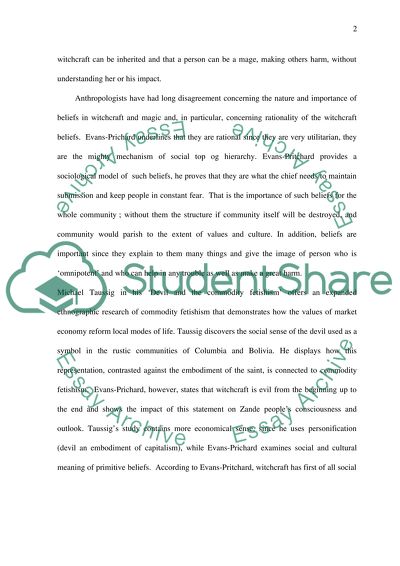Cite this document
(“History of Anthropological Thought - Functionalism and Marxist Anthrop Essay”, n.d.)
History of Anthropological Thought - Functionalism and Marxist Anthrop Essay. Retrieved from https://studentshare.org/science/1529356-history-of-anthropological-thought
History of Anthropological Thought - Functionalism and Marxist Anthrop Essay. Retrieved from https://studentshare.org/science/1529356-history-of-anthropological-thought
(History of Anthropological Thought - Functionalism and Marxist Anthrop Essay)
History of Anthropological Thought - Functionalism and Marxist Anthrop Essay. https://studentshare.org/science/1529356-history-of-anthropological-thought.
History of Anthropological Thought - Functionalism and Marxist Anthrop Essay. https://studentshare.org/science/1529356-history-of-anthropological-thought.
“History of Anthropological Thought - Functionalism and Marxist Anthrop Essay”, n.d. https://studentshare.org/science/1529356-history-of-anthropological-thought.


